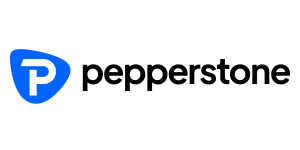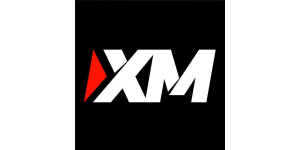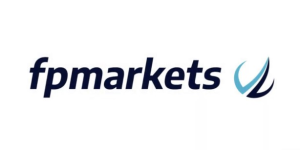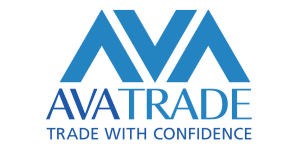Below, we go over the Best MetaTrader 4 Trading Platforms and compare them. We base our research and analysis on various factors such as fees, security, regulation, range of markets, and much more.
Best MetaTrader 4 Brokers 2023
We’ve gone over some of the most popular and highly-regarded retail MetaTrader 4 Brokers available today. We’ve examined them in terms of spreads and commission, customer service, accessibility, and more. We’ve put together resources explaining what to look for when choosing a potential MetaTrader 4 Broker, and some of the key differences between MT4 and other trading platforms.
This is our selection…
- Pepperstone – Best MetaTrader 4 Broker Overall
- XM – Best CFD MetaTrader 4 Broker
- FP Markets – Best MetaTrader 4 Broker For Low Spreads
- XTB – Trusted MetaTrader 4 Trading Platform
- AvaTrade – Top MetaTrader 4 Trading Platform for Options
- FXTM – Forex Focused MetaTrader 4 Broker
- GO Markets
- OctaFX
- ActivTrades
- AXI
- IG
- FxPro
1. Pepperstone
PepperStone is regulated by both the ASIC and the FCA in Australia and the UK. They are not required to release internal financial statements because they are not listed on any stock exchange.
PepperStone offers the MT4, MT5, and cTrader platforms. The desktop app gives access to a large number of pre-installed indicators. These tools give traders insights into market sentiments and trends.
| Pros | Cons |
|---|---|
| Low inactivity charges | Limited research tools |
| Free deposits and withdrawals | High commission on trading with CFDs |
| Advanced risk protection and stop losses |
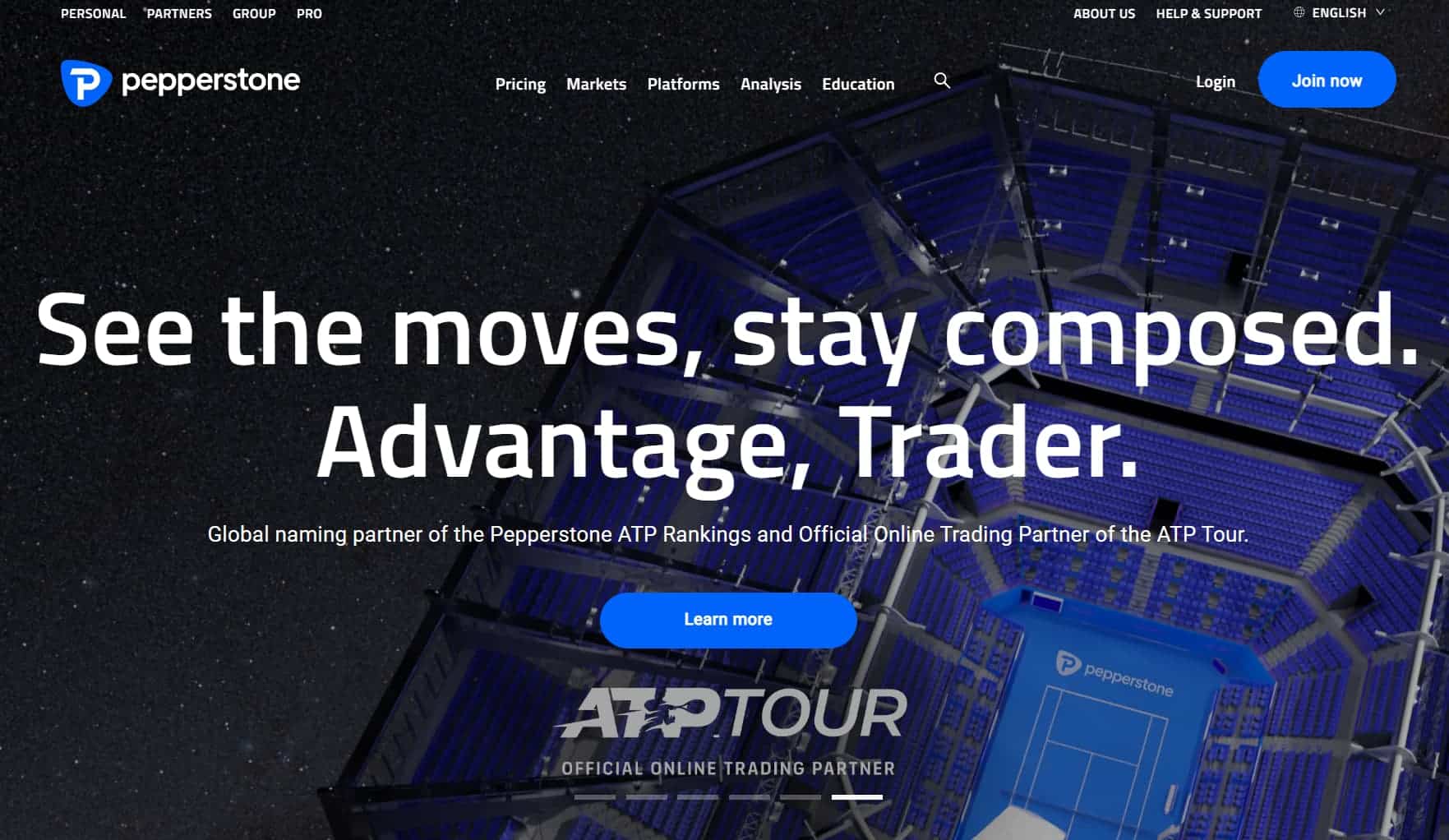
2. XM
Regulated by CySEC in Cyprus, XM is a online retail MetaTrader 4 broker . They have received multiple customer service awards, including the Best MetaTrader 4 and MetaTrader 5 Broker.
The XM platform uses social trading that allows users to copy trading strategies. XM has a user base of 1.5 million. Traders using XM have lots of options when it comes to choosing signal providers to copy.
XM is best with its variety of educational resources and research tools. They host webinars and courses for all traders of all skill levels.
| Pros | Cons |
|---|---|
| Copy-trading | Account types all feel the same |
| Publishes research and market analysis | Customer support only works during office hours |
| Demo accounts for up to $100,000 |
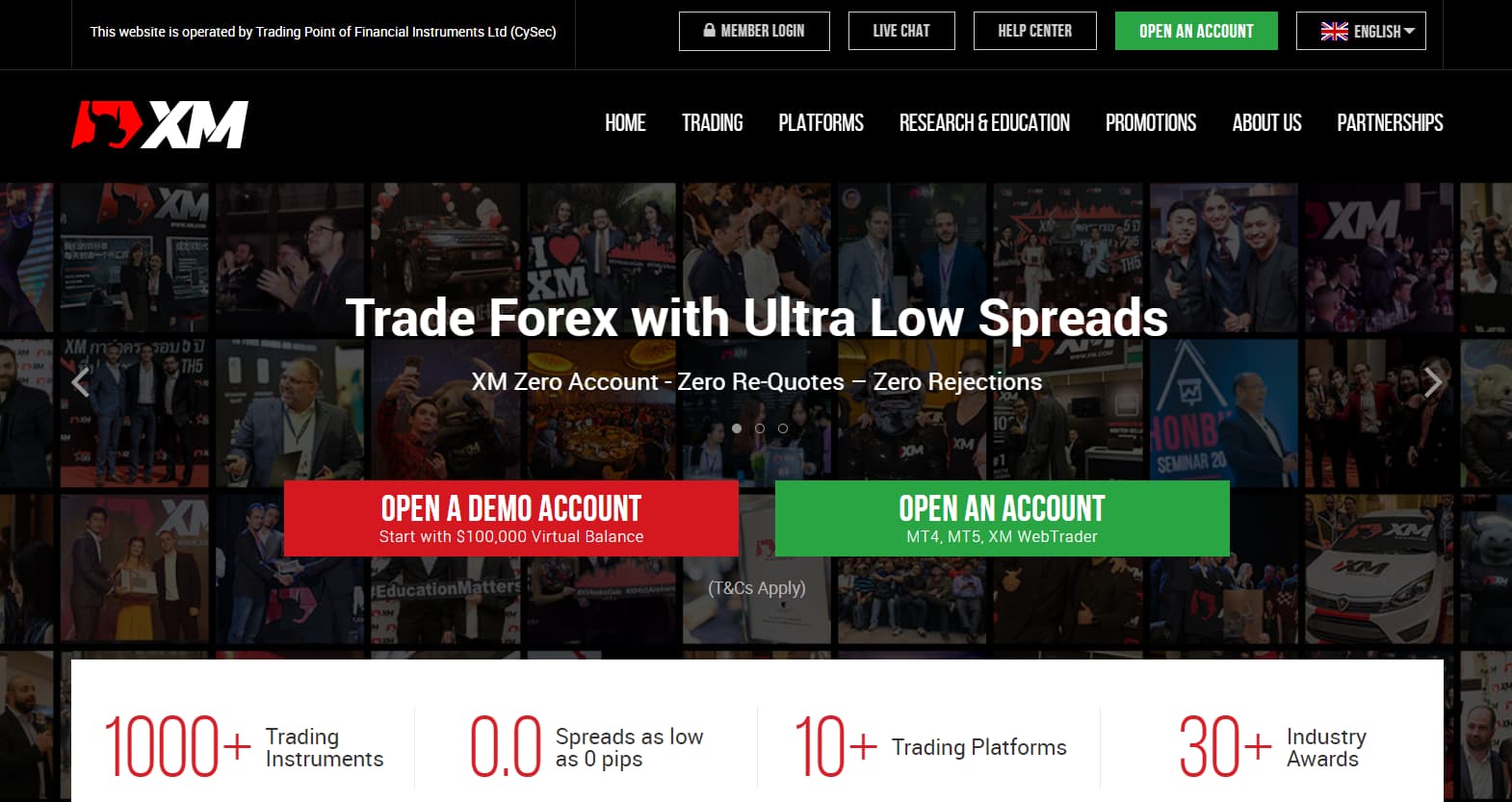
3. FP Markets
FP Markets is a CFD and Forex MetaTrader 4 Broker that is regulated by the ASIC in Australia.
FP Market accounts support 10 different base currencies. Opening an account is easy and the minimum deposit is relatively small.
FP Markets has an excellent fee and pricing structure. Unlike most MetaTrader 4 Brokers, they do not charge dormant accounts any inactivity fees. Also, withdrawals from your account are free.
| Pros | Cons |
|---|---|
| Low commissions | Selection of markets and products is limited |
| Regulated by one of the strictest financial authorities | The trading platform needs work |
4. AvaTrade
AvaTrade is a popular social trading platform from Dublin that launched in 2006 regulated by the Central Bank of Ireland.
Their platform focuses on cybersecurity and customer safety.
The platform has a large user base and encourages social trading. There are thousands of profitable signal providers. The platform gives their users access to stocks, Forex, and CFD trading.
They have a browser friendly trading app, but it’s poorly organised. If you trade using AvaTrade, we recommend that you use the desktop trader.
| Pros | Cons |
|---|---|
| Regulated by some of the best authorities globally | Demo-account available for 21 days |
| Fees and commissions are competitively priced | High inactivity fees |
| Access to a wide range of instruments |
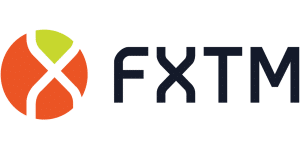
5. FXTM
FXTM is part of the Exinity group. They were established in 2011 in the UK. They are regulated by the CySEC as well as the FCA.
FXTM provides traders access to Forex and crypto trading. Customers outside the EU are also allowed to trade stocks.
FXTM has the option of two trading platforms, web-based, and desktop. Downloading the desktop trading app is easy and uses very little space. One perk of FXTM is the ability to set push and email notifications.
| Pros | Cons |
|---|---|
| Excellent customer support | High inactivity and withdrawal fees |
| Lots of educational tools | Limited selection of trading instruments |
| Easy account opening |
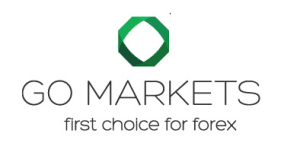
6. GO Markets
GO Markets is an Australian MetaTrader 4 Broker that primarily provides retail CFD trading services.
Opening an account is simple and it requires close to no minimum deposit. They offer free MT4 and MT5 demo accounts so that traders can test out trading strategies without risking any real money.
GO Markets offers securities in Forex, commodities, indices.
Depositing and withdrawing money is easy. The platform allows users to link credit cards, bank transfers, and PayPal.
| Pros | Cons |
|---|---|
| Large user base | Withdrawals can take 3 days to process |
| Allows strategies like hedging and scalping | Limited account types |
| $1 minimum deposit |
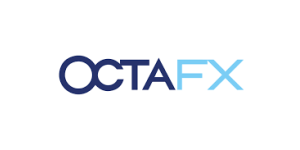
7. OctaFX
OctaFX was launched in 2011 in the St. Vincent Islands and the Grenadines. Over the years, they have added offices in Cyprus and the UK.
Their platform focuses mainly on Forex, with over 30 pairs available to trade. They also have a couple of cryptocurrencies and stock options.
OctaFX has a special competition on their MT4 demo account where traders can win money deposited into actual accounts based on virtual performance.
| Pros | Cons |
|---|---|
| Demo account is unlimited and free | Only available in the EU |
| Deposits and withdrawals are free | Customer support is only reachable through email or chat |
| Lots of different account options |
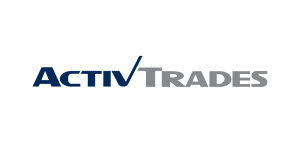
8. ActivTrades
ActivTrades is a Forex MetaTrader 4 Broker founded in 2001 in the UK and is regulated by the FCA.
Trading with ActivTrades is inexpensive. Commission and spreads are lower than most retail brokers, and deposits and withdrawals are free. However, the minimum deposit to open an account can be prohibitively high.
ActivTrades deals with CFD and Forex trading. Unfortunately, other trading instruments are not available on the platform.
| Pros | Cons |
|---|---|
| Inexpensive trading fees | Limited trading instruments |
| Quality customer support | High minimum deposit |
| Extensive research tools |
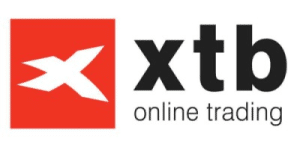
9. XTB
XTB is an online broker that trades Forex and CFDs. They have offices in London and Warsaw. They are regulated by the FCA.
XTB is widely regarded to be a reliable MetaTrader 4 Broker. It is publicly listed on the stock exchange and publishes its financial statements regularly.
Their commissions are low which make them a good choice for new traders. You can open an account with XTB for free.
| Pros | Cons |
|---|---|
| Withdrawals over $10 are free | High fees for inactive accounts |
| Designed for trading CFD and Forex | Stock CFD Fees |
| Great research tools |
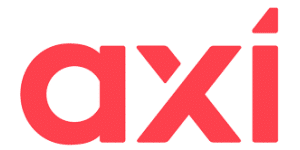
10. AXI
AXI was formerly known as AxiTrader. It was launched in 2007 in Australia and is regulated by multiple authorities globally.
AXI is unique in that it charges very little in the way of commission. Most retail brokers charge inactivity fees to accounts that do not trade frequently, but AXI does not. This is great for casual traders who can’t commit to spending hours a day trading.
AXI has mobile, web, and desktop trading platforms, so it’s accessible to pretty much everyone. However, using AXI feels clumsy. It doesn’t order information well and has few alerts.
| Pros | Cons |
|---|---|
| Publishes market reports | Customer Support Only During Weekdays |
| Customizable Platform | Research Tools |
| No Inactivity Fees |
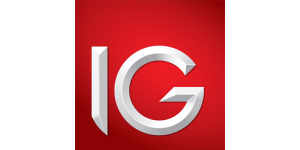
11. IG
IG is regulated by many authorities across the world including the FCA and Germany’s BaFin. Today, IG has become one of the largest CFD brokers in the world. They have a long track record of reliability.
Trading with IG gives access to both MT4 and IG’s proprietary trading platform. Their design has won them several awards and is one of the most intuitive platforms we’ve used. It is highly customizable and flexible.
| Pros | Cons |
|---|---|
| User friendly trading platform | CFD Fees on Stocks and Forex |
| Track record of reliability | Account Opening Time |
| They release regular financial statements |
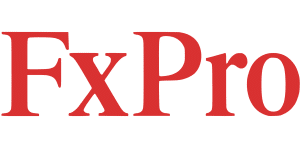
11. FxPro
FxPro is a global CFD and Forex broker. It is regulated by several highly-rated authorities, including the UK’s FCA.
This MetaTrader 4 Broker offers CFD and Forex trading.
FxPro has four different trading platforms, including MT4. They also support more than 40 international languages.
The platform is easy to use and its high level of customizability is great for traders with more experience. Newer traders might struggle though since lots of the information is hard to dig up.
| Pros | Cons |
|---|---|
| Customer service is fast and responsive | High inactivity fees |
| Low commission and spreads | Limited to Forex and CFDs |
What is MetaTrader 4 (MT4)?
MetaTrader 4 (MT4) is an online trading platform developed by MetaQuotes Software and launched in 2006. It was originally developed for Windows OS but has since included software to support iOS and Android devices as well as Linux computers.
MT4 was built with Forex traders in mind specifically. The platform supports a variety of other securities, such as commodities and CFDs, but those have been added in subsequent years.
Although a newer version is available – MetaTrader 5 – MT4 is such a popular and proficient platform that many brokers still use it.
Retail brokers buy a license to utilize the MT4 platform. Some MetaTrader Brokers use a combination of MT4, MT5, or other proprietary platforms.
What makes the MT4 Platform Great?
It would take years to go over all the various features that make MetaTrader 4 a great platform. But there are general areas where the platform excels.
The first area that sets MT4 apart from the rest is algorithmic trading. People familiar with Object-Oriented Programming can use the system’s proprietary language (MQL4) to build Expert Advisors.
These advisors are trading robots that can analyze massive amounts of data to determine market sentiments and conduct automated trades.
Programmers can upload their Advisors to the Code Base, where other users can download them for free. Alternatively, they can be sold in the MQL Market.
Another feature that sets MT4 apart from its competitors is the ability to utilize copy trading. This allows traders to mimic the trading strategies of highly profitable traders that also use the platform.
Traders can choose to become signal providers. Users can examine a signal provider’s portfolio and trade history and decide to copy their trades. Copied trades are proportional to the capital in each traders’ account.
Pros and Cons of MetaTrader 4
Although it’s massively popular, not everything about MT4 is perfect. It has a lot to offer, but the platform also has its drawbacks. Consider whether these drawbacks will apply to you before deciding on which trading platform to use.
Pros
- MT4 is a low-spec program that can be run on pretty much any computer. It’s smartly designed and doesn’t slow your computer down, even when executing several commands at once.
- It’s user-friendly and has features that work for traders at every level.
- MQL programming language allows programmers to build robots to carry out automatic trading.
- It’s compatible with pretty much every operating system there is. Windows, Linux, macOS, iOS, and Android are all supported.
Cons
- MetaQuotes are gradually phasing MT4 out in favor of the newer MT5. When brokers buy a license for MT4 they have to buy one for MT5 at the same time. Support and updates are becoming less frequent.
- The servers hosting MT4 are getting old which makes them a little slower than other online trading platforms. Servers have been known to experience downtime on occasion.
MT4 Features and Benefits
One of the reasons traders chose to trade with MT4 is its wide range of features. Each of these features has benefits to the trader.
Languages
No matter where you live, the odds are MT4 has language support for you. The platform boasts well over 40 languages.
What’s more, they’re adding new languages all the time. No matter what your native language is, MT4 is sure to either have it already or be adding it soon.
Charting
MT4 supplies and dissects data in many meaningful ways. It can break down data into many different types of charts on its multi-chart screen.
Forex traders can also export real-time data into spreadsheets to organize the data in a way that makes sense to them.
Expert Advisors
Using the MQL4 programming language that was built specifically for MT4, users can design Expert Advisors and export them for other traders to use.
These advisors are small scripts that monitor various financial markets according to parameters set by their designer.
Expert Advisors can decide to open trades when the desired conditions are met. They can also be set to close out positions and implement stop and trailing losses.
How to Get Started With MetaTrader 4
Depending on which MetaTrader 4 Broker you’ve chosen, the exact steps to set up and start trading with the MT4 platform will change. But the general order to follow stays more or less the same.
We’ll go over the general steps to follow when setting up your MT4 account for a desktop computer.
1. Download and install MetaTrader4
You can choose to download MT4 directly from the MetaQuotes website. Alternatively, the broker will have their own download mirror. Make sure you have a stable internet connection when downloading the platform.
Once the application has been downloaded, go into your download folder and run the install file. The MT4 setup will launch. Follow the prompts and make sure that the program is installing where you want it to be.
2. Register your account
You can register an account with MT4 directly. If you’re going through a third-party broker, you will have to register your account through them.
Registering an account will need you to enter your details. You must link it to an account where you will deposit and withdraw funds. The broker you have chosen may allow you to register using PayPal or your credit card. Alternatively, you will link your bank account.
3. Deposit funds and start trading
Brokers will require you to deposit some funds into your account to start trading. Some brokers, like GoMarkets, don’t require a minimum deposit. You can use their demo-accounts if you want to try trading strategies out without risking real money.
If you can open an account without a minimum deposit, you will need to use the demo account option to start trading. Otherwise, trade using the money you’ve deposited into the account.
How To Pick an MetaTrader 4 Broker
Security
Online platforms are always vulnerable to cyber attacks. The measures each MetaTrader 4 Trading Platform goes through to protect against these attacks will change.
The MetaTrader 4 Brokers in this article have a proven track record regarding online security. But there are many other platforms out there. If you’re considering one of those, there are a few features to look for.
Firstly, ensure that they follow proper data encryption protocols. Unencrypted data makes it easier for hackers to target your account and withdraw your funds.
There are also various steps you should take to stay safe online. You need to change your passwords often and regularly check your antivirus is updated. You can also use VPNs to protect your IP.
Regulation
The types of regulation that a broker will adhere to depends on where that broker is listed. Traders should understand what these regulations mean to them.
Each zone has its own laws when it comes to leverage and margin maximums and enforced security measures. In some places there are no limits to the maximum amount of leverage traders can take. In the UK, EU, and Australia leverage ratios are only allowed as high as 100:1.
Some instruments are limited to traders in some regions. For example, in the US, traders are banned from trading CFDs.
Fees & Commissions
Brokers charge a commission on trades to make money. A commission fee is charged any time a position is opened or closed. There are also fees involved for holding a position overnight.
The higher fees brokers charge, the less traders earn in profit. Sometimes these charges can be worth the extra cost if that broker gives traders access to unique features or research tools.
Inactivity fees are also something worth considering. Brokers make money traders being active, so they charge any users who do not use their accounts.
What you can trade
Different brokers have access to different trading instruments. Tradable instruments include stocks, commodities, Forex, cryptocurrencies, CFDs, and more.
Every instrument will be affected by different market sentiments. Depending on the securities you plan on trading, different strategies will be more profitable than others.
For example, CFD trading is normally short-term. Positions can be opened and closed on the same day. Trading stocks is a more long-term investment.
Education
Brokers often have educational tools on their platforms. These can vary from slide-shows to webinars.
Some brokers have resources that are useful to traders at all levels. Others cater specifically to novice users.
If you’re already experienced with retail trading, try and find a broker that has educational tools that will be useful to you.
Customer Support
One of the largest concerns of many traders is that their broker has poor customer support.
Many brokers are only available during office hours, Monday to Friday through the phone. Depending on where the broker’s offices are and where you live, this makes getting hold of them a challenge.
Platforms like AvaTrade have won awards from industry leaders for having good support lines. Users should check the methods you can use to contact a broker before committing to them.
Account Types
Retail brokers have different types of accounts for traders to choose from. The type of account a trader uses will determine their spreads and commissions. With some brokers, higher tiers of accounts have access to more research tools.
It’s important to choose a broker who has a free demo account.
A standard account will suit the needs for most traders. Standard accounts are opened with a deposit of less than $100,000, but it can change from broker to broker.
Account Minimums
The choice of broker and the type of account will need a minimum deposit to open an account. Some brokers allow users to open an account without an account minimum.
Brokers like ActivTrades have high minimum deposits. High minimum deposits will deter more casual traders.
Brokers who allow users to open an account without a deposit will still require traders to deposit funds to take positions.
MT4 vs MT5
MetaTrader5 was released by MetaQuotes in 2010 as a large update to the highly popular MT4 platform.
MT4 was built to trade Forex and CFD. MT5 was a massive overhaul of the system, introducing stocks, commodities, and futures. It’s a much faster platform. It executes trades with much lower levels of slippage.
MT5 has an updated version of the MQL programming language, and it is backward compatible with all MQL4 scripts.
MT4 vs cTrader
cTrader is another highly popular trading platform that many brokers offer. It was developed in 2011 by Spotware.
One of the key differences between the two platforms is the level of analysis done by the system. cTrader has access to NASDAQ’s level 2 market depth, which is a service that provides real-time analytics of the stock market.
cTrader has other various features that are unfortunately lacking in MT4. The MetaTrader platform is less customizable, but easier to use for novice traders.
Is MetaTrader 4 or MetaTrader 5 Better?
MT4 is a much more popular platform than its successor, but is it better?
In reality, the comparison isn’t entirely fair. The primary differences between the two platforms are the instruments they allow users to trade.
MT4 was designed for trading Forex and CFDs. MT5 has access to a wider range of securities. So the choice of which platform to use depends on what it is you’re looking to trade.
